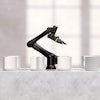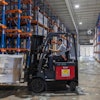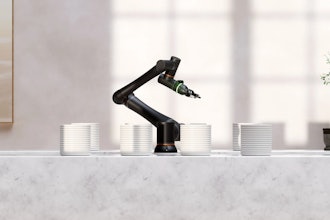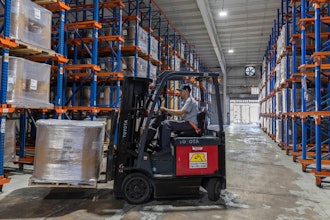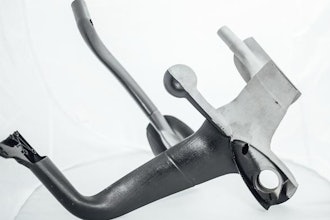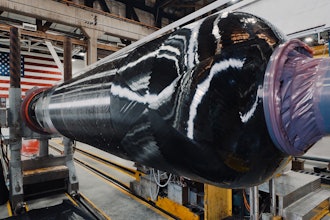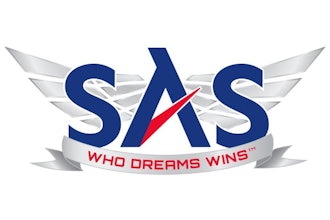
We’re all coping with an uncertain economic environment, but manufacturing leaders are having to manage several additional industry challenges, including increased costs, a worker shortage and trying to meet increased demand with a still-recovering supply chain. In a recent survey of 500 executives at companies with five or more manufacturing sites in the U.S. and Europe, 38 percent ranked the high cost of materials and capacity constraints as their most critical business challenges.
To survive, many are turning to innovative solutions, with artificial intelligence (AI) becoming a standard business tool. Of those surveyed, the top three uses of AI include supply chain optimization (41 percent), production health (40 percent) and tracking energy consumption (37 percent). Yet, while manufacturers are embracing AI, most are not getting the full value from their investment.
To remedy this, it's important for manufacturers to know which solution is best suited to their unique set of challenges.
Machine Health + Process Health for Overall Production Health
AI-powered machine health monitoring presents breakthrough benefits for manufacturers, with sensors that detect when a machine requires maintenance and the ability to warn teams beforehand with predictive alerts that can reduce downtime and cut costs. AI also brings a new level of sophistication to machine health monitoring, with AI-powered solutions being 20 percent more accurate than legacy alternatives, able to avoid 40-70 percent of false alerts.
By getting ahead of these issues and continuously monitoring machine health, facilities can avoid unplanned downtime, reduce waste and energy consumption, and avoid up to 6,500 workplace accidents annually.
Still, machine health is only half of the equation when it comes to solving the manufacturing industry’s concerns. To gain a comprehensive understanding of their production processes and solve various problems on the factory floor, industrial leaders should also add process-based AI solutions (process health) to their toolkits.
Process health uses AI to detect where losses take place in an operational environment and finds prevention methods to minimize these inefficiencies. As a result, manufacturers can move faster and extract more from their production processes for real bottom-line improvements.
Together, machine and process health pioneer a new approach to AI-driven production health, where the combination of AI insights can improve quality and reliability, upskill the workforce and help companies hit their ESG goals. Once manufacturing experts equip themselves with these insights across their production environments, they can more confidently navigate recessionary environments, stricter sustainability targets, near-shoring, supply chain disruptions, and whatever else is thrown their way.
On-the-Horizon: AI Co-Pilots
Advancement in production health technologies is not slowing down any time soon. Before long, AI tools will become production health co-pilots for a number of manufacturing jobs.
For AI-based solutions to retain the level of accuracy and relevancy required for maintenance and reliability teams, manufacturers must embrace hybrid intelligence, a strategy that requires AI models to continuously learn and integrate with human expertise. With this approach AI becomes a co-pilot, a partner that operates alongside workers to create more efficient schedules and better workdays.
This blend of person and machine is not new. Process and machine health solutions already require this kind of collaboration. However, in 2023, we’ll see these co-pilots become even more trusted, accurate, and ingrained across the industry thanks to a conversational AI-driven renaissance underway in the industrial sector.
Conversational AI will be able to interact with users so they can work easier and faster. Chat-based AI models will combine operating procedures, work orders, and recorded conversations with data pulled from monitoring solutions to glean even more insights, empowering those on the production floor to make more advanced, data-driven decisions.
Conversations Powering the Future
Production health is an incredibly intelligent and powerful approach that can solve the biggest challenges facing manufacturing plants. It puts predictive power into the hands of workers, allows teams to have a history of every event that impacts their operations, and with conversational AI they can do this more efficiently.
All of this will be incredibly valuable for workers on the plant floor to executives in the C-suite. AI solutions democratize access to information and make jobs in the manufacturing industry more accessible to people with a diverse range of skill sets. And, with experts predicting a shortage of more than two million American manufacturing workers by 2030, it’s never been more critical for the industry to appeal to a wider audience of workers and give them the tools they need to succeed.

